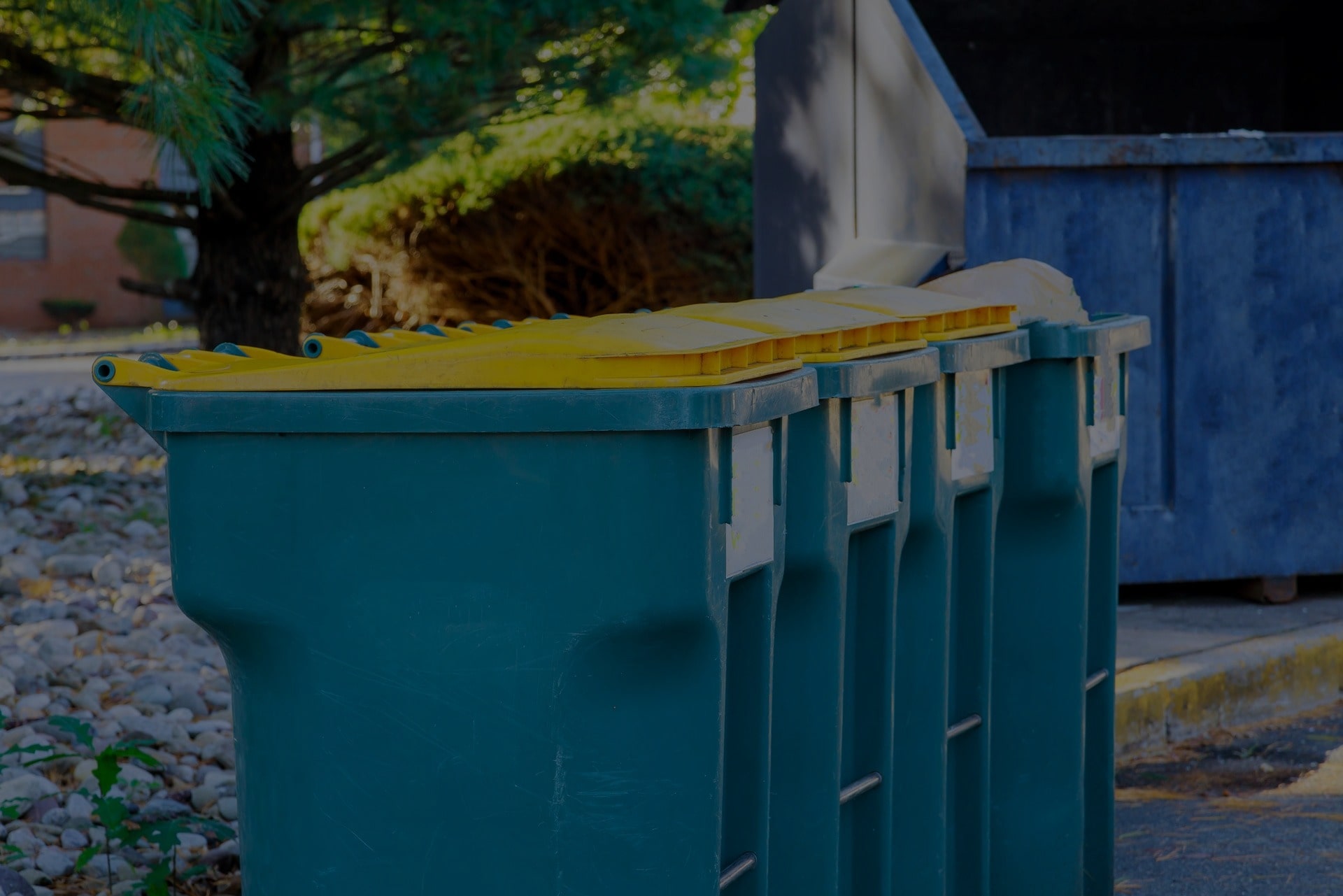Sustainable Disposal –
Batteries are common household items that power various devices we use daily. However, when it comes to disposing of used batteries, many individuals are uncertain about the correct method. Throwing used batteries in the regular trash might seem like the easiest option, but it’s crucial to understand the potential harm to the environment and human health. In this article, Ready2Go Dumpsters, a waste management company in Miami, provides essential information regarding the proper disposal of used batteries, aiming to emphasize the importance of responsible waste management for a sustainable future.
1. Understanding the Composition of Batteries
Batteries contain a combination of chemicals and materials that can be harmful to the environment if not handled and disposed of correctly. Common types of batteries include alkaline, lithium-ion, nickel-cadmium, and lead-acid, each with different compositions and potential environmental impacts.
2. Environmental Hazards of Improper Battery Disposal
Improper disposal of used batteries can lead to environmental hazards. Batteries contain heavy metals like mercury, lead, cadmium, and nickel, which, when exposed to the environment, can contaminate soil, water sources, and the air. These metals are toxic to wildlife, marine life, and can ultimately find their way into the human food chain, posing serious health risks.
3. The Importance of Proper Battery Disposal
To mitigate the environmental and health risks associated with improper battery disposal, it is essential to follow proper disposal practices. Recycling used batteries is a responsible approach that prevents toxic substances from entering the environment and encourages the reuse of valuable materials found in batteries.
4. Can I Dispose of Used Batteries in the Regular Trash?
The answer varies depending on the type of battery and your local regulations. In many regions, it is not advisable to dispose of used batteries in the regular trash due to the potential environmental harm caused by the toxic components they contain. It is essential to check with your local waste management authority to determine the correct disposal methods for batteries in your area.
5. Recycling Batteries: A Sustainable Alternative
Recycling used batteries is a sustainable and responsible alternative to regular trash disposal. Recycling facilities can extract valuable materials from batteries, such as lead, nickel, and cobalt, and repurpose them for the manufacturing of new batteries or other products. This reduces the need for mining new materials, conserving natural resources.
6. Types of Batteries and Recycling Options
a. Alkaline Batteries: Alkaline batteries are the most common household batteries. Many regions consider them safe for regular trash disposal because they contain fewer hazardous materials. However, recycling is still a better option for environmental sustainability.
b. Rechargeable Batteries: Rechargeable batteries, such as lithium-ion, nickel-cadmium, and nickel-metal hydride batteries, contain toxic metals and should not be disposed of in regular trash. Recycling is strongly recommended to recover valuable metals and prevent environmental contamination.
c. Lead-Acid Batteries: Lead-acid batteries, commonly found in vehicles and uninterruptible power supplies, must be recycled due to the lead content, which is hazardous to the environment and human health.
7. Safe Battery Storage
If you are collecting used batteries before proper disposal or recycling, it’s crucial to store them safely. Store batteries in a cool, dry place, preferably in a non-metallic container, to prevent potential short-circuiting or leaks.
8. How to Recycle Batteries
a. Local Recycling Centers: Many communities have designated recycling centers that accept various types of batteries for recycling. Check with your local waste management authority to find the nearest recycling center.
b. Retailers and Manufacturers: Some retailers and manufacturers of batteries provide drop-off points for recycling. They often have collection bins near the entrance of their stores.
c. Special Recycling Events: Communities sometimes organize special recycling events where residents can drop off batteries and other recyclables for safe disposal.
d. Mail-Back Programs: Some organizations offer mail-back programs, allowing individuals to mail used batteries for recycling. This option can be particularly useful if no local recycling facility is available.
9. Tips for Safe Battery Disposal
a. Recharge and Reuse: Whenever possible, opt for rechargeable batteries. Recharging and reusing batteries significantly reduce the number of disposable batteries you use.
b. Check Local Regulations: Familiarize yourself with local laws and regulations regarding battery disposal to ensure compliance with safe and responsible practices.
c. Separate Batteries: Keep used batteries separate from regular household trash to prevent potential hazards and enable easy recycling.
d. Educate Others: Spread awareness about the importance of proper battery disposal within your community to encourage responsible waste management practices.
10. Ready2Go Dumpsters: Advocating Responsible Waste Management
At Ready2Go Dumpsters, we emphasize responsible waste management and are committed to raising awareness about proper disposal practices. Recycling used batteries is a crucial step towards a more sustainable future, reducing environmental impact and conserving valuable resources. We encourage everyone to adopt responsible battery disposal methods to protect our environment and contribute to a cleaner, healthier planet for generations to come.
Proper disposal of used batteries is an essential aspect of responsible waste management. Recycling batteries not only protects the environment from hazardous materials but also conserves valuable resources. By understanding the potential environmental harm associated with improper battery disposal and following the recommended recycling practices, we can collectively contribute to a more sustainable and eco-friendly future. At Ready2Go Dumpsters, we advocate for responsible waste management practices and invite you to join us in making a positive impact on our environment through informed and conscious choices. Contact us to learn more.






